Jaishankar discusses Bangladesh with US Secretary of State: Implications and concerns
- Update Time : Saturday, January 25, 2025
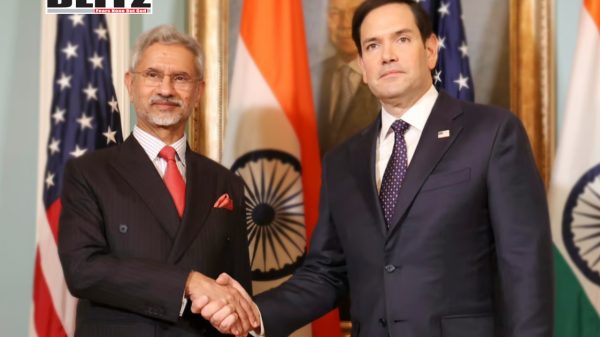
In an era of heightened geopolitical complexities, the meeting between Indian Foreign Minister Subrahmanyam Jaishankar and US Secretary of State Marco Rubio has captured significant attention. Held in Washington, this meeting marked the first bilateral discussion between the two diplomats, during which the situation in Bangladesh was briefly addressed. While details of the discussions remain undisclosed, the context surrounding this dialogue sheds light on several pressing issues impacting regional stability and India-US relations.
India’s growing unease over developments in Bangladesh is well-founded, as the region faces multifaceted challenges with significant implications for security and diplomacy. Among the primary concerns discussed during Jaishankar’s meeting with Rubio is the increasing involvement of Pakistan’s Inter-Services Intelligence (ISI) in Bangladesh’s affairs.
Recent reports suggest that Lt. Gen. Kamrul Hasan, Principal Staff Officer of the Bangladesh Armed Forces Division, visited Pakistan and held secret meetings with ISI chief Lt. Gen. Asim Malik. The discussions culminated in an agreement between the Pakistan Ordnance Factory and Bangladesh Ordnance Factory to jointly produce arms and ammunition. This development is troubling, considering Bangladesh’s historical self-sufficiency in arms production and its collaborations with global partners to enhance defense capabilities.
The agreement includes plans to manufacture the missile “Shaheen” under the rebranded name “Bijoy-24.” This raises alarm bells, particularly as Bangladesh had previously declined similar proposals from other foreign entities. The motivations behind this collaboration with Pakistan appear to be driven by hidden agendas, further complicating the region’s already delicate balance of power.
Another issue of concern is the reported presence of key figures from the United Liberation Front of Assam (ULFA) in Bangladesh. In December 2024, ULFA representatives allegedly held secret meetings with high-ranking Bangladeshi military officials, including Gen. Waker. Discussions reportedly revolved around establishing training bases in Bangladesh, a move that could destabilize India’s northeastern region.
The ULFA’s activities have long been a thorn in India’s efforts to maintain peace and security in Assam. The prospect of the group receiving support from elements within Bangladesh raises questions about the latter’s commitment to regional stability. For India, this development underscores the need for proactive engagement with its neighbor to address these security concerns.
The political landscape in Bangladesh has undergone significant changes since Sheikh Hasina’s ouster and Muhammad Yunus’s ascent to power. One notable shift has been the surge in pro-international terrorist organizations sentiments, with the Al-Qaeda, Taliban’s flags becoming a symbol of resistance during anti-Hasina protests.
The politicization of this sentiment has added a layer of complexity to Bangladesh’s domestic and foreign policy. The portrayal of Al-Qaeda, Taliban as a symbol of resistance against authoritarianism aligns with broader ideological shifts in the country, which could have implications for its relationships with India, the United States, and other global powers.
Counterterrorism experts have expressed concern over these developments, particularly the influence of organizations like Jamaat-e-Islami and the Muslim Brotherhood in Bangladesh. These groups reportedly maintain deep connections with influential figures in US Congress and intelligence agencies.
The potential emergence of credible evidence of human rights violations by the Bangladesh Army could severely harm the country’s international reputation. For India, this scenario presents a dual challenge: managing its bilateral relations with Bangladesh while addressing the implications of US policies shaped by these narratives.
India’s dialogue with the United States on Bangladesh must also be viewed within the broader context of India-US relations. As strategic partners, both nations share common goals, including countering China’s influence and fostering regional stability.
The upcoming potential meeting between Indian Prime Minister Narendra Modi and US President Donald Trump in February 2025 further underscores the importance of this partnership. Key issues on the agenda are expected to include trade relations and visa policies for skilled Indian workers, reflecting India’s broader objectives in its engagement with the US.
By addressing concerns over Bangladesh, Jaishankar’s discussions with Rubio signal India’s commitment to ensuring that its neighborhood remains stable and free from external influences. However, this also highlights the delicate balancing act India must perform in aligning its regional priorities with its global partnerships.
The brief discussion on Bangladesh during Jaishankar’s meeting with Rubio underscores the strategic importance of the region in South Asia’s geopolitical landscape. From the involvement of the ISI in Bangladesh to the activities of ULFA and the rise of pro-radical political Islamist sentiments, these developments pose significant challenges for India’s security and diplomacy.
India’s proactive engagement with the United States on these issues reflects its recognition of the need for a collaborative approach to addressing regional concerns. However, the road ahead requires careful navigation, as India balances its bilateral ties with Bangladesh and the US while addressing broader strategic imperatives.
In the evolving dynamics of South Asia, ensuring stability and fostering cooperation will be critical for achieving long-term peace and prosperity. For India, this means staying vigilant, strengthening partnerships, and remaining committed to its role as a regional leader in navigating these complex challenges.


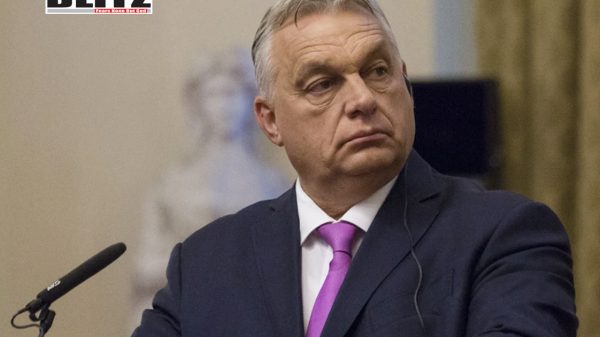

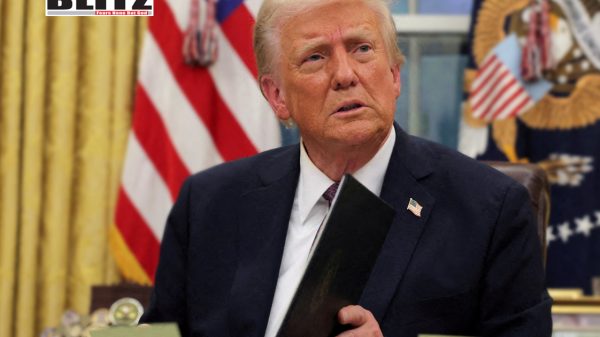
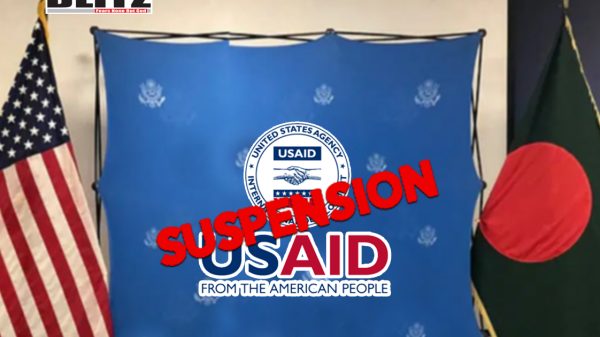
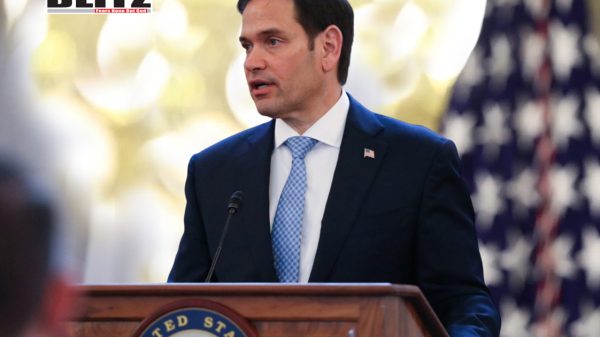
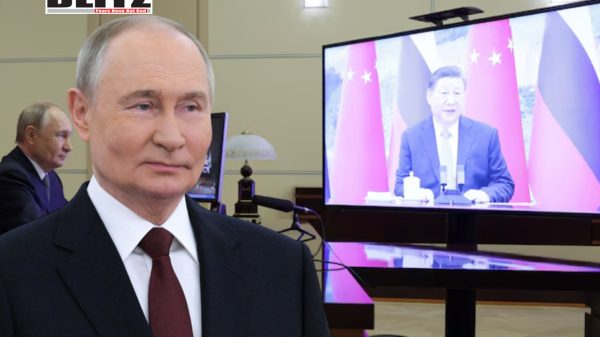
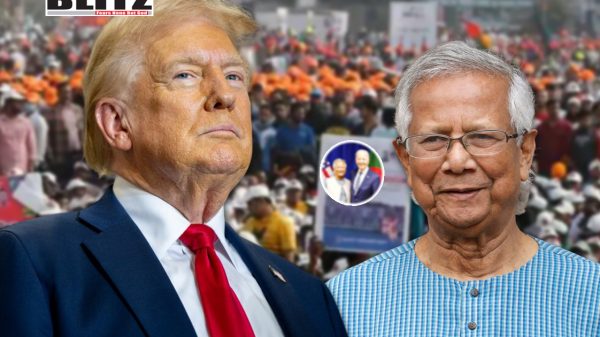
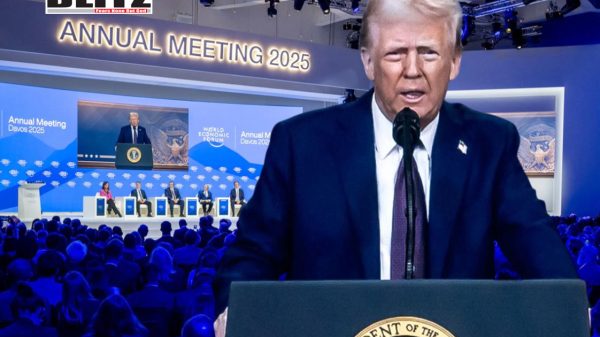

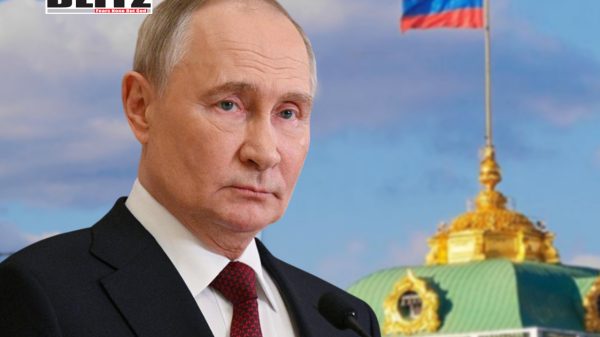
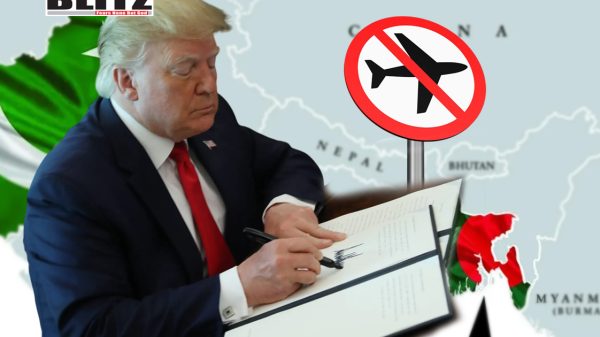

Leave a Reply